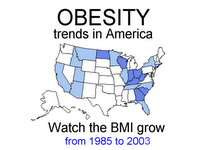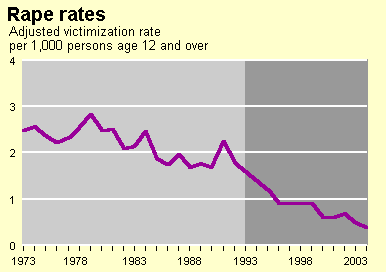 the tacoma news tribune recently ran a couple of interesting stories essentially showing a before-and-after look at life in gangs. the before story features four young teenage boys discussing the allure and glamour of gangs. all of them have friends and family members who are in gangs; two of them are hoping to join soon, the other two are doing their best to avoid the gang life.
the tacoma news tribune recently ran a couple of interesting stories essentially showing a before-and-after look at life in gangs. the before story features four young teenage boys discussing the allure and glamour of gangs. all of them have friends and family members who are in gangs; two of them are hoping to join soon, the other two are doing their best to avoid the gang life.
the boys anxious to join gangs anticipate proving their worth: “They talk ecstatically about getting jumped-in, a gang initiation ritual that involves beating the newcomer for several minutes. They contemplate the crimes they’ll commit to gain status. Attack someone? Knock over a store?”
the boys hoping to avoid gangs offer a different perspective: “’I’m going to go to school and do what I have to do,’ is the message they send to friends who’ll listen. Both said they are upfront about telling friends they think gangs are a waste of time.”
this literally hits close to home for me because i have a 14-year-old nephew growing up in this neighborhood and starting a new school next month. he’s fortunate to have two loving parents (and a criminologist aunt), but peer pressure is absolutely crushing at that age, so i think there’s reason for concern.
the second story, published the next day, details the life of Diamond Laurice Boyd, co-founder of the hilltop crips. it’s an interesting and thoughtful account of a life that went wrong. boyd, 33-years-old, is currently serving nearly 30 years at mcneil island corrections center; his story is one of regret. “To today’s young gangsters, he sends a message: Get out of the life. There is no glory in it – only a road where freedom ends…his legacy is a lesson: It’s not that hard to fall. One step, then another and another – soon, all the chances are gone.”
boyd has seen his friends and family members killed; his brother, who co-founded the gang with him, is serving 24 years in a california prison. boyd blames himself for his choices–he had love and opportunities throughout his childhood–and he claims that he was the black sheep of his family. there is no happy ending to his story. at earliest, he’ll be nearly 50 when he gets out of prison. his five children are growing up in his old neighborhood; they see their father maybe twice a month. boyd worries about his sons, knowing the kind of pressure they’ll face, the decisions they’ll soon have to make. “He has a nightmare, a vision of torment: his sons, locked up with him. He will not permit it. He will block it with his own life. He will tell them how things happen. ‘My boys, they really listen to me,’ he says. ‘They really listen to me.’”
his sons may listen to him now, but they will soon be teenagers facing peer pressure and tempted by the glamour of gangs. will his story and his regret be enough to deter them from following in his footsteps and his legacy? will his sons be strong enough to break the cycle? what, if anything, can the community do to help?
 as i reluctantly trundled a decade of sociology journals to the free shelf, my mind raced and ricocheted to all manner of worst-case scenarios. what if everybody dumped their paper journals but electronic access was sharply restricted? just because we have cheap or free electronic access today doesn’t mean that we’ll always have it, does it?
as i reluctantly trundled a decade of sociology journals to the free shelf, my mind raced and ricocheted to all manner of worst-case scenarios. what if everybody dumped their paper journals but electronic access was sharply restricted? just because we have cheap or free electronic access today doesn’t mean that we’ll always have it, does it?




